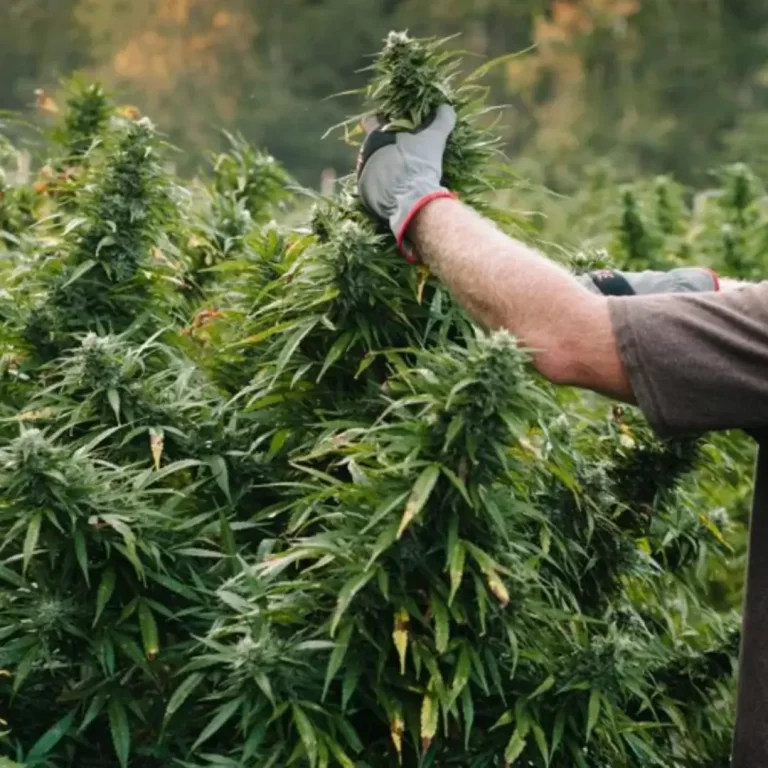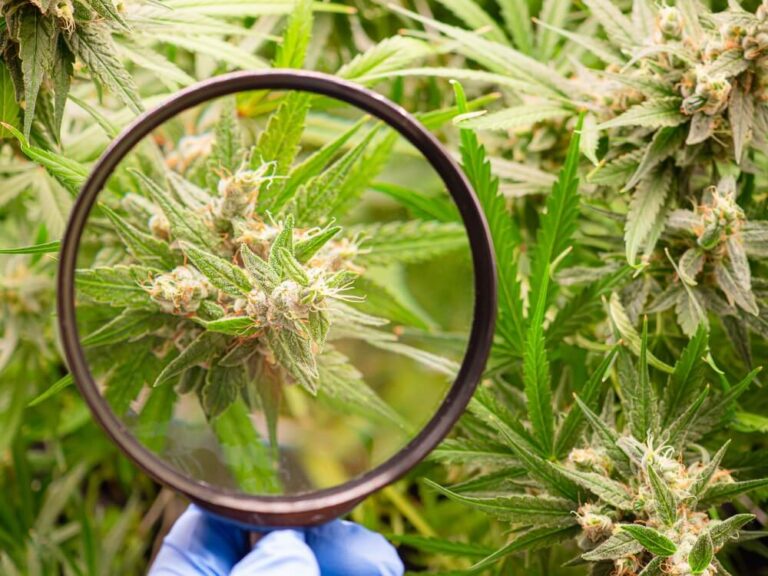
DEA Signals Intent to Reschedule Cannabis
- Cannabis News
- Cannabutter Digest
In a historic shift that could reshape American drug policy, the U.S. Drug Enforcement Administration (DEA) has announced its intent to move cannabis from Schedule I to Schedule III of the Controlled Substances Act. This monumental decision, urged by President Biden and recommended by the Department of Health and Human Services, would acknowledge the medical uses of cannabis and recognize its lower potential for abuse compared to some of the nation’s most dangerous drugs.
However, it’s important to note that this rescheduling would not fully legalize marijuana for recreational use. Instead, it would place cannabis alongside substances like ketamine and certain acetaminophen-codeine combinations, highlighting a significant acknowledgment of its medicinal potential while still maintaining regulatory control.
The Rescheduling Process
Before the DEA’s biggest policy change in over 50 years can take effect, the agency must navigate a complex regulatory process. The White House Office of Management and Budget will first review the proposal. Upon approval, the DEA will release the proposed rule for public comment, potentially leading to revisions based on the feedback received. The rule will also face review under the Congressional Review Act due to its likely significant economic impact. Even in the context of administrative review, Congress will have a role to play if it chooses to do so.
Implications for the Cannabis Industry
Moving cannabis to Schedule III will place it under the purview of the U.S. Food and Drug Administration (FDA), which focuses on safety, efficacy, and quality. Schedule III drugs require a prescription, meaning cannabis products would need FDA approval. Currently, no state-level medical cannabis programs meet these standards. Manufacturers and distributors would also need to register with the DEA and comply with regulatory requirements applicable to Schedule III substances. The FDA’s rulemaking process for cannabis could be lengthy, considering the ongoing CBD rulemaking that has entered its sixth year.
This regulatory shift could have far-reaching implications for the rapidly growing cannabis industry. Companies that have invested heavily in state-level medical and recreational programs may need to adapt their business models to comply with federal regulations. The requirement for FDA approval could pose significant challenges, as the agency’s rigorous standards for safety and efficacy may be difficult to meet for many existing cannabis products.
Potential Benefits and Limitations
If congressional gridlock persists, rescheduling, along with additional relief from executive agencies, will still yield some benefits for the industry. From a criminal justice perspective, moving cannabis to Schedule III could result in reduced penalties and a re-examination of sentences for those already incarcerated. Additionally, cannabis businesses would no longer face the tax burden imposed by Internal Revenue Code Section 280E, which currently precludes tax deductions for trafficking in Schedule I and II substances.
However, rescheduling alone, without further legal changes, would not bring the state-legal medical or recreational marijuana industry into full compliance with federal controlled substances law. Federal rights, including trademark protection, immigration, and import/export of cannabis and its derivatives, would remain unaddressed.
The Need for Congressional Action
To achieve full legalization and facilitate regulatory clarity, action from Congress remains necessary. Legislation like the SAFER Banking Act, which provides protections to financial industry participants, has strong support in Congress but falls short of considering the broader capital markets ecosystem. Other legislation, such as various iterations of the STATES Act, which would leave regulation of the cannabis market to the states, has not advanced as far.
Public Opinion and Political Implications
The DEA’s announcement comes at a time when public support for cannabis legalization has reached an all-time high. A recent Gallup poll found that 70% of adults favor legalization, more than double the support level in 2000. As a Democrat, President Biden could potentially boost his flagging support, particularly among younger voters, by taking action on this issue during an election year.
Critics and Supporters
Not everyone agrees with the DEA’s proposed rescheduling. Some critics argue that the change is unnecessary and could lead to harmful side effects. They worry that cannabis may still act as a “gateway drug,” leading to the use of other substances. On the other hand, supporters believe that marijuana should be treated more like alcohol, with less stringent regulations.
International Obligations
The United States’ international treaty obligations, particularly the 1961 Single Convention on Narcotic Drugs, which requires the criminalization of cannabis, complicate the rescheduling process. In 2016, the DEA cited these obligations and the findings of a federal court of appeals in Washington when denying a similar request to reschedule marijuana. Navigating these international commitments will be a crucial aspect of the DEA’s efforts to implement this policy change.
Looking Ahead
As the DEA moves forward with its intent to reschedule cannabis, stakeholders across the industry and the political spectrum will closely watch the unfolding developments. While the proposed change represents a significant step towards acknowledging the medical value of cannabis and reducing its potential for abuse, it is not a complete solution. Comprehensive legislation from Congress remains essential to address the complex issues surrounding cannabis legalization and regulation.
The path ahead may be lengthy and filled with challenges, but the DEA’s announcement marks a pivotal moment in the ongoing evolution of American drug policy. As public opinion continues to shift in favor of legalization, and as more states embrace medical and recreational cannabis programs, the pressure for federal action will only continue to grow. The coming months and years will be crucial in determining the future of cannabis in the United States, and the DEA’s intent to reschedule the drug is just the beginning of what promises to be a transformative journey.
From in-depth analysis and expert insights to the latest news, products, and recipes, Cannabutter Digest is your go-to resource for all things cannabis. Stay connected and regularly visit the premier source for cannabis news, products, recipes, and so much more! Don’t miss out on this exciting journey as we witness the evolution of cannabis policy and its impact on the industry, society, and our daily lives. Join the conversation and be part of the cannabis revolution with Cannabutter Digest.






